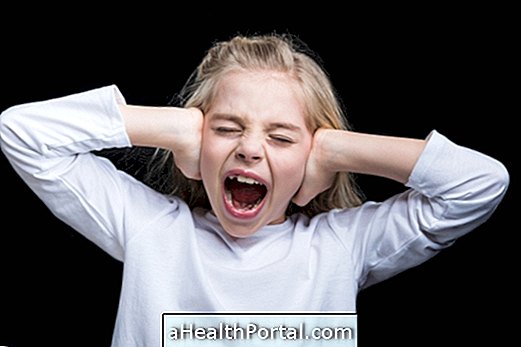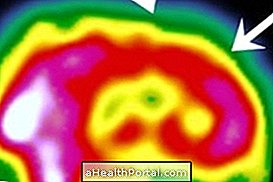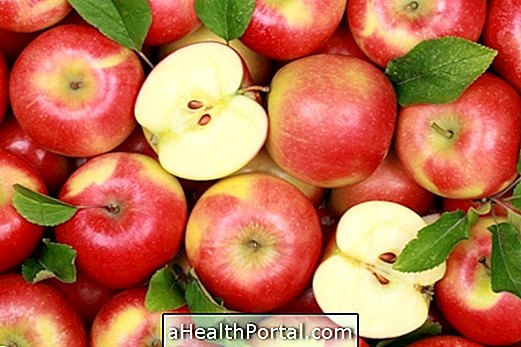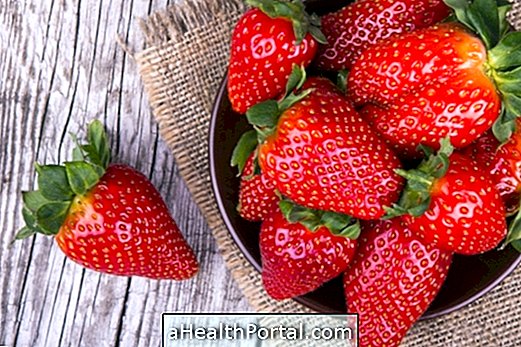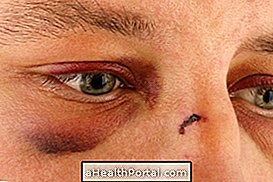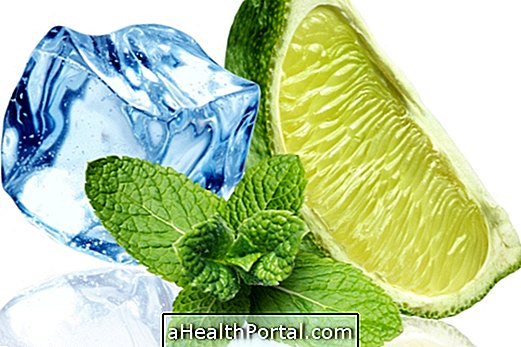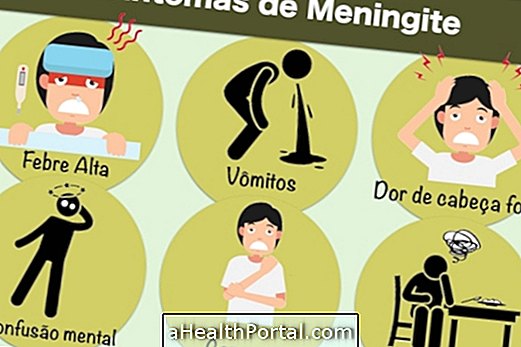Intestinal dysbiosis is characterized by an imbalance of the bacterial flora of the intestine that diminishes the capacity of absorption of the nutrients and the vitamins, originating symptoms like:
- Flatulence;
- Numbness;
- Abdominal discomfort;
- Diarrhea;
- Constipation;
- Hair loss and weakening of nails;
- Headaches;
- Candidiasis of repetition;
- Irritability and fatigue.
Dysbiosis can be caused by ingestion of medications, such as antibiotics or laxatives, or excessive alcohol use. In addition, a diet low in fiber and rich in sweets and processed foods may also favor the onset of dysbiosis.
Treatment of intestinal dysbiosis
The treatment of intestinal dysbiosis can be done by a nutritionist by increasing the intake of probiotics and fiber-rich foods that help restore the absorption of nutrients, vitamins and hence the intestinal flora.
The treatment of dysbiosis is very important because when it is not done, bad bacteria in the gut can reach the blood and cause an infection throughout the body which can be fatal.
Learn more about this disease in: Intestinal dysbiosis.

